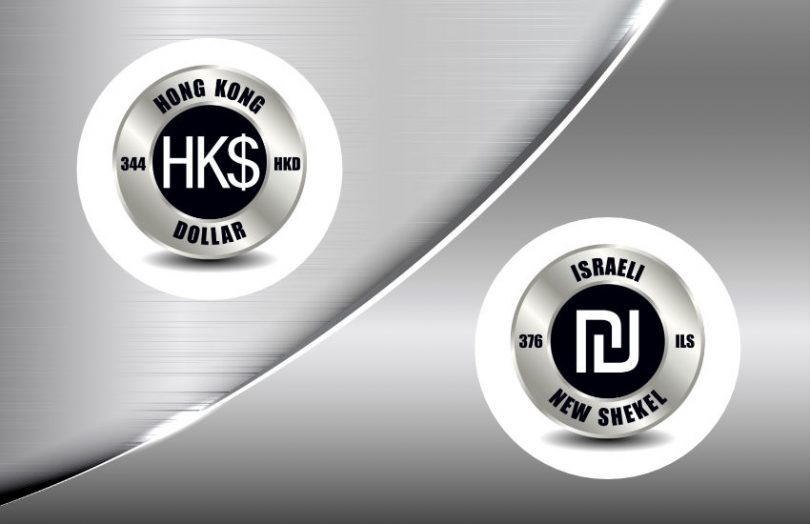Today, the Hong Kong Monetary Authority (HKMA) announced Project Sela to research cybersecurity in retail central bank digital currency (CBDC). The HKMA will be working on this joint project with the Bank of Israel (BOI), and Bank for International Settlements Innovation Hub (BISIH) Hong Kong Centre.
The initiative focuses on considering a two-tier retail CBDC architecture with intermediaries. They will try to establish ways of making retail CBDC more resilient to cyberattacks, and aim to finish the project by the end of this year.
“We trust that with the expertise offered by Israel, a global leader in cybersecurity, the findings of the joint project would add to the wealth of knowledge of CBDC, and contribute to the common good of the international central banking community” said Howard Lee, Deputy CEO of the HKMA.
This research in retail CBDC follows Project Aurum, which has been exploring the technical aspects of a two-tier CBDC structure for distribution through commercial banks and payment service providers. It investigates using two separate blockchains, one for the central bank CBDC issuance and one for retail transactions. The HKMA published a technical paper in October 2021 as part of a public consultation. However, a recent discussion paper on e-HKD struggled to find strong motivations for retail CBDC other than innovation.
On the wholesale side, in 2020 the HKMA started working with the Bank of Thailand on Project Inthanon-LionRock to cut the costs of cross-border payments. The BIS, China, and UAE later came on board, joining the multi-CBDC (M-CBDC) Bridge project. Two stock exchanges from each country, HKEX and SET as well as 30 commercial banks have been participating in trials.
In Israel, feedback on its paper about a potential Digital Shekel has been shared. The results show support for moving forward with research and motivations of improving competition and innovation. However, last year the BOI estimated a less than 50% chance of a digital shekel CBDC, though interest in CBDC continues to grow across the globe.






